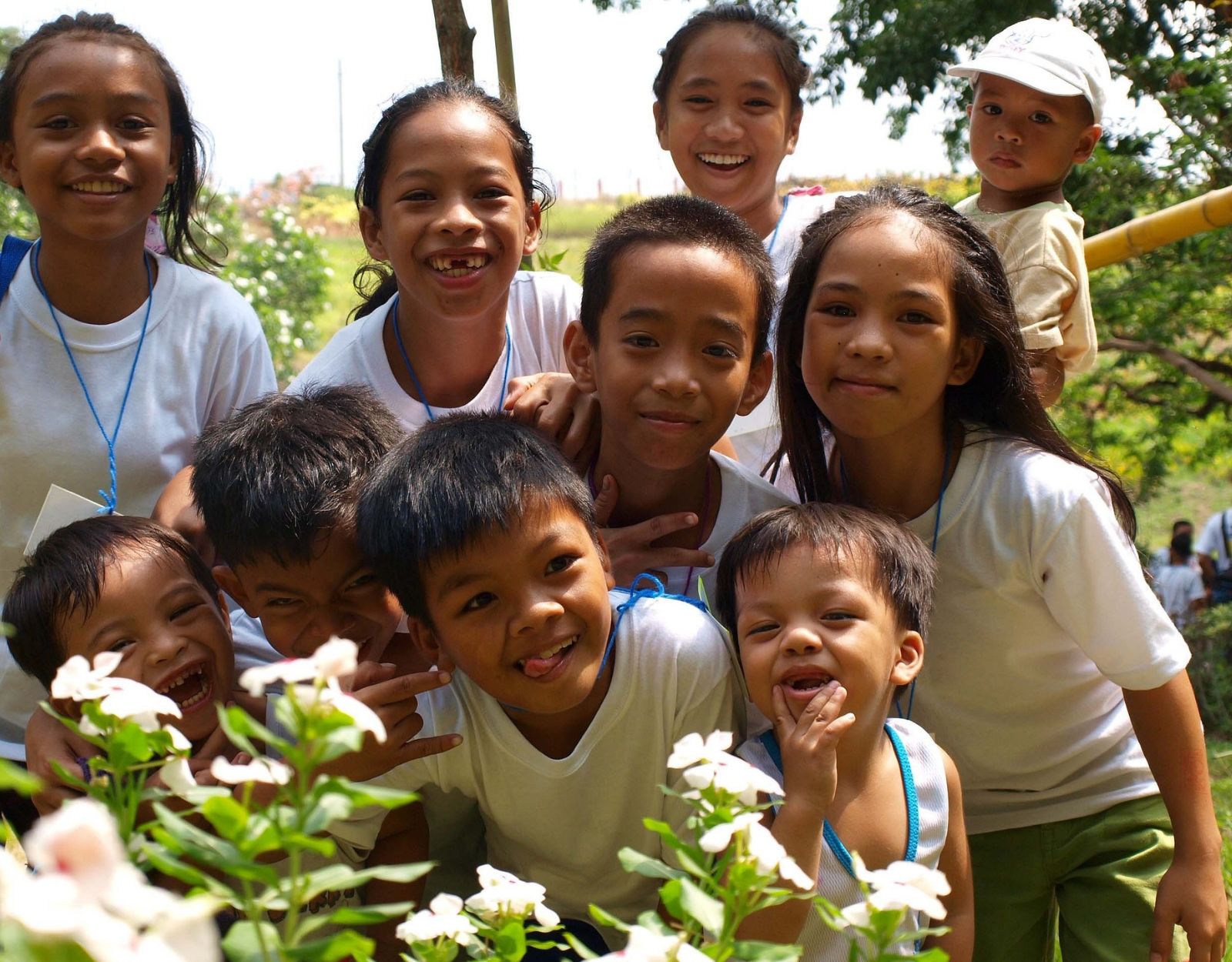“Ang Kulit Mo!”: Seeing Our Kid’s Most Annoying Antic As Their Greatest Talent
Kids do a lot of things that annoy us. But what if our kids’ most annoying antics (or their being kulit) are actually their greatest talent?
While kids are all about testing and experimenting with boundaries, they just do some things that they keep on doing even after reprimanding them several times. It can be their constant chatting, their daydreaming in class via drawing or writing, or even their restlessness — unable to sit down or patiently wait for things like adults. To deal with their antics, out of frustration, we sometimes just cry out, “Ang kulit mo!” Although it means “persistent,” we often use “kulit” to express annoyance.
But what if their being kulit is a clue to what their real talents are?

Understanding why kids behave the way they do
The first thing we need to understand is that kids do things because they enjoy it.
However, there are two ways to understand that premise. The first way is via Operant Conditioning — a classic cognitive theory by B.F. Skinner. He explains that we can modify our kids’ behaviors with a simple reward and punishment system. If they do a behavior we like then, we reward them. But if what they do is bad, we discipline or punish them to reduce the chances of them ever doing it again. However, the issue with this theory is that there are some antics, no matter how badly we try to recondition or modify said behavior, the kids will still do it.
The second way is via Freud’s “Pleasure Principle.” It’s simple; kids do things to either to satisfy their needs or avoid pain. This principle usually is based on their instincts or what the late psychologist would also refer to as the Id — the primal force of human behavior. However, approaching our kids with this theory leaves us open with the question: What on earth are they trying to satisfy or avoid?
And most of all, why are some of these behaviors so persistent that it feels like no amount of parenting can make them stop?
Understanding “kulit”: A perspective in Filipino developmental psychology
We often translate the Tagalog word “kulit” directly into the word “persistent.” However, the word can change depending on the context. More often than not, the term “kulit” is commonly used to express annoyance or an overwhelming sense of gigil — an intense aggressive feeling that isn’t usually based on anger.
During the times it’s used as a term to express frustration, we end up dismissing our kids’ behaviors in their state of kulit as something meaningless. As these behaviors happen repeatedly, we quickly give them “the look” before chastising them. For parents who still are sorting out their unresolved issues and are easily triggered, the situation immediately escalates to yelling which leads to shaming their kids.
Unfortunately, for more strong-willed kids, it becomes a battle for power and control. Some kids will even continue being “kulit” because it allows them to stay in control. It’s the one thing they can do. Quieter kids will only stop that said behavior in their parents’ presence.
However, we’re all wondering where that particular behavior came from. Actually, some of these behaviors may have come from us. It’s just that, we never got called “kulit.” We usually got shamed and yelled at until we associated doing that particular behavior with all the bad memories, never doing it again.

But it’s our turn to flip the script
Now that we’re parents, we can probably see some of the behaviors we were punished for in our kids. Only this time, we’re in a position of power. We are the writers of our family’s script; we can choose to punish our kids for that behavior or work with it. In most cases where we do work with their nature, it goes down like a treat. Besides, it might do a lot of healing for our inner child when we do so!
So if we see our child doing a behavior we have repeatedly tried to stop without much success, perhaps it’s time to change
More about Filipino parenting?
“Tigas ng Ulo Mo!”: How To Parent Stubborn Kids Without Breaking Them
Utak Talangka or Talangkang Pag-iisip: What is Crab Mentality?
How Utang na Loob Made Filipino Families Toxic









